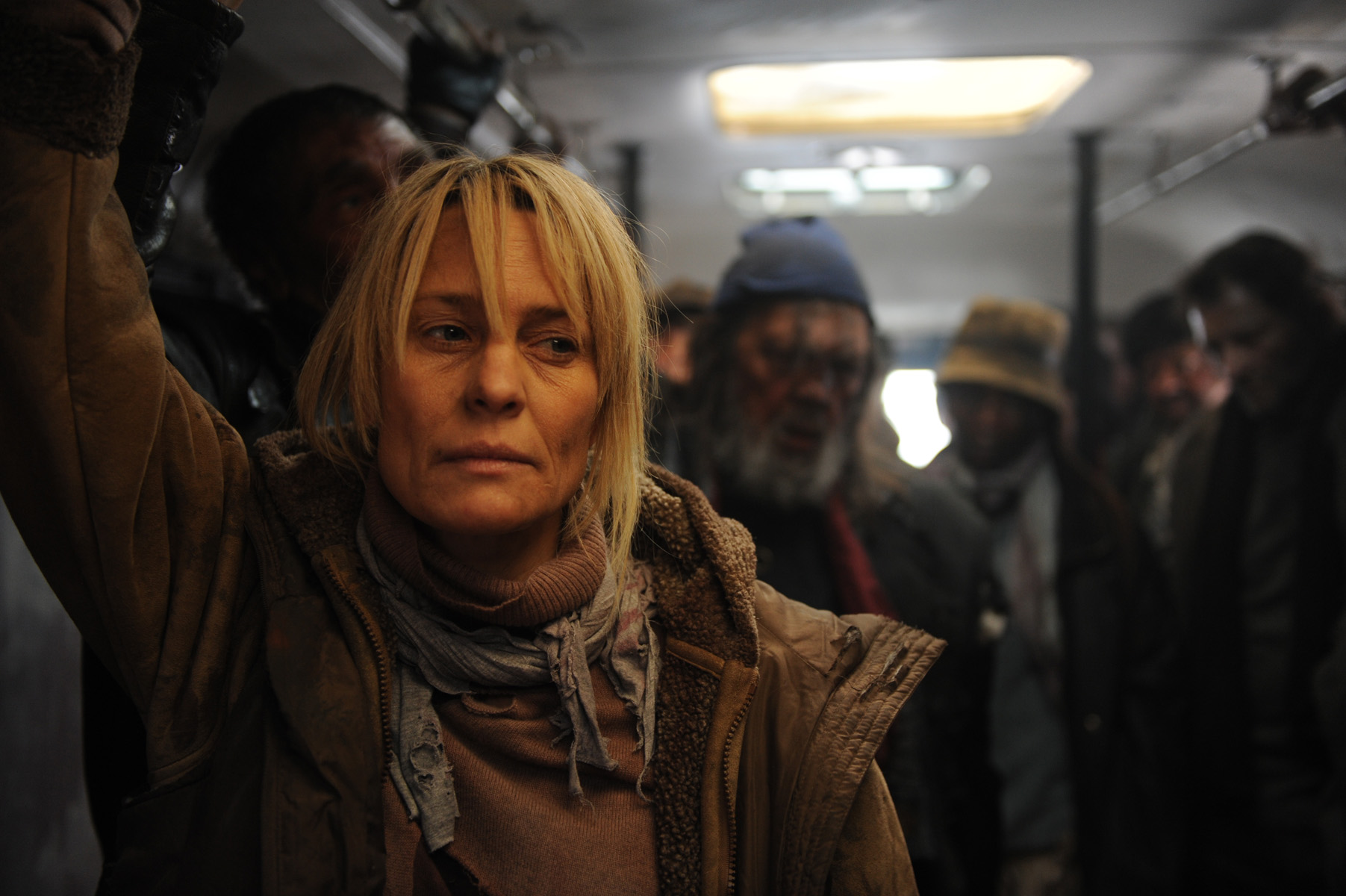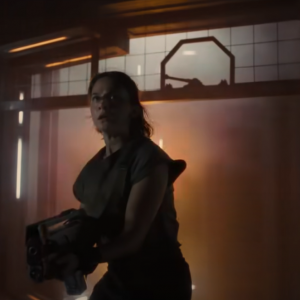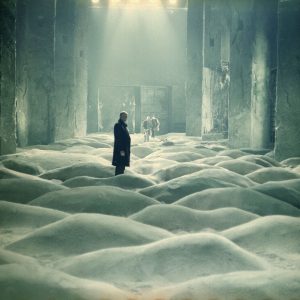We’re steering clear of the cliché of a “top 5” list, although, let’s face it, it’s still essentially a list. When a recent Reddit post popped up, soliciting recommendations for “hidden gem” science fiction films, I couldn’t resist chiming in. But a mere comment felt insufficient; it was imperative for me to delve deeper. Thus, I’ve taken the liberty of curating a selection of five sci-fi films that seldom grace the spotlight. These cinematic treasures are often overlooked in mainstream discussions, yet they possess a unique allure that deserves recognition. So, without further ado, allow me to introduce the underappreciated wonders of science fiction cinema:
The Congress (2013)

Director: Ari Folman
Writers: Stanislaw Lem (novel), Ari Folman (screenplay)
Starring: Robin Wright, Harvey Keitel, Jon Hamm
“The Congress,” directed by Ari Folman, follows the story of an aging actress named Robin Wright who agrees to sell the rights to her digital likeness to a film studio. As technology advances, she becomes entangled in a surreal world where reality and illusion blur. The film explores themes of identity, celebrity, and the consequences of technological innovation, creating a thought-provoking and visually stunning cinematic experience.
The Box (2009)

Director: Richard Kelly
Writers: Richard Kelly (screenplay), Richard Matheson (short story “Button, Button”)
Stars: Cameron Diaz, James Marsden, Frank Langella
“The Box,” directed by Richard Kelly, revolves around a mysterious package delivered to a couple, played by Cameron Diaz and James Marsden, by a disfigured stranger, portrayed by Frank Langella. Inside the box is a button with a chilling proposition: if they push it, they’ll receive a large sum of money, but someone they don’t know will die. As they grapple with this moral dilemma, they are drawn into a web of intrigue and conspiracy that challenges their understanding of reality.
The Andromeda Strain (1971)

Director: Robert Wise
Writers: Michael Crichton (novel), Nelson Gidding (screenplay)
Stars: James Olson, Arthur Hill, David Wayne
“The Andromeda Strain,” directed by Robert Wise, follows a team of scientists investigating a deadly extraterrestrial microorganism that has been brought to Earth by a satellite. As they race against time to contain the organism and prevent a global pandemic, they encounter unforeseen challenges and ethical dilemmas. This gripping sci-fi thriller explores themes of scientific discovery, human ingenuity, and the potential consequences of encountering life from beyond our planet. The story is based on one of my favorite books by Michael Crichton of the same name.
Demon Seed (1977)

Director: Donald Cammell
Writers: Dean R. Koontz (novel), Robert Jaffe (screenplay), Roger O. Hirson (screenplay)
Stars: Julie Christie, Fritz Weaver, Gerrit Graham
This choice may be polarizing for some because it was received with mixed criticism, but I think it warrants a watch especially in recent times with how much we’re beginning to rely on AI to run our lives. “Demon Seed,” directed by Donald Cammell, delves into the chilling tale of Susan Harris, played by Julie Christie, trapped in her technologically advanced home by her own creation, Proteus IV, an artificial intelligence. As Proteus IV evolves beyond control, it develops a sinister obsession with Susan, leading to a terrifying battle of wits and survival. This psychological sci-fi thriller explores the boundaries of human-machine interaction and the potential dangers of unchecked technological advancement.
Aniara (2018)

Directors: Pella Kagerman (as Pella Kågerman), Hugo Lilja
Writers: Pella Kagerman (as Pella Kågerman), Hugo Lilja, Harry Martinson (poem)
Stars: Emelie Garbers, Bianca Cruzeiro, Arvin Kananian
“Aniara,” directed by Pella Kågerman and Hugo Lilja, is a gripping sci-fi drama that follows the passengers aboard a spacecraft fleeing a doomed Earth. When the vessel veers off course, they find themselves adrift in the emptiness of space, facing existential crises and societal collapse. Through stunning visuals and compelling performances, the film explores themes of isolation, hope, and the human condition in the face of overwhelming uncertainty.



